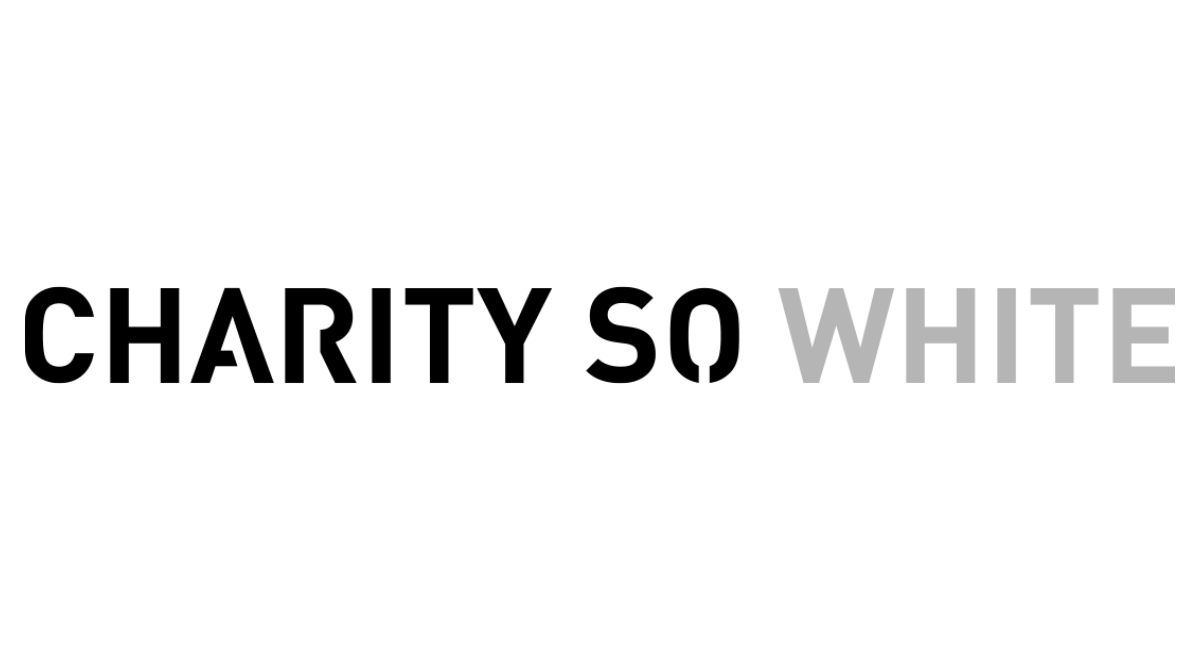NET have lost the trust of the sector
Screenshot of the job advert that NET put up for grant assessors
Earlier this morning we received a message through Twitter that the National Emergencies Trust are looking for grant assessors to spend 5+ hours a week reviewing applications on an unpaid/voluntary basis.
They were specifically looking for people "with lived experience in marginalised communities with characteristics protected under the Equality Act 2019" to review their grants and advise from an equalities perspective", because they "recognise the COVID-19 pandemic will not impact on all communities the same way".
Asking people with lived experience to assess grants for free when the grant making landscape remains one of the least diverse areas of the sector is unacceptable. A typical grant manager can earn approximately £44k a year in London. At a time where we know that COVID-19 is severely impacting BAME communities' health and livelihoods, and the brute force of state violence against black communities is apparent, this is all the more irresponsible. We also understand that NET's distribution partner for the COVID funds will be receiving funds to support grant management. The double standard is apparent.
This comes after three BAME sector figures have resigned from an equity working group organised by the National Emergencies Trust, expressing concerns that their presence was simply to “validate decisions that had already been made”. NET has yet to respond to repeated calls on social media for clarification as growing numbers of people call for transparency and a discussion to understand the advert that they shared.
Charity So White is demanding that NET pay grant assessors with lived experience on par with others it has secured to manage the grant applications at this time. This kind of pay disparity comes from knee jerk, tokenistic responses and reinforces the socio-economic barriers that keep the marginalised communities they are purporting to reach out of the sector. If the charity sector wants to do better, it needs to take an anti-oppression lens and embed this in their working practices. It must do the work of dismantling the values, the structures and the behaviours which uphold the structures that discriminate in this way.
We have repeatedly called for transparency and accountability in the way NET and its main distribution partner UKCF are making decisions and distributing emergency funds, as well as to share data analysis they are conducting on proportions of funding reach BAME-led organisations. This call has not been met.
This Sunday, Channel 4 will be airing the iconic 1966 World Cup Final between England and West Germany to raise money for NET's COVID-19 appeal. We do not trust that the funds raised will be distributed to the communities most targeted by this crisis. We are asking all those considering supporting NET's COVID appeal this weekend to support either the COVID fund being raised by Resourcing Racial Justice or directly to Black Lives Matter UK.
We don't take this request lightly, but we must make it clear that charities have to do more than pay lip service to solidarity. They need to do the work.

